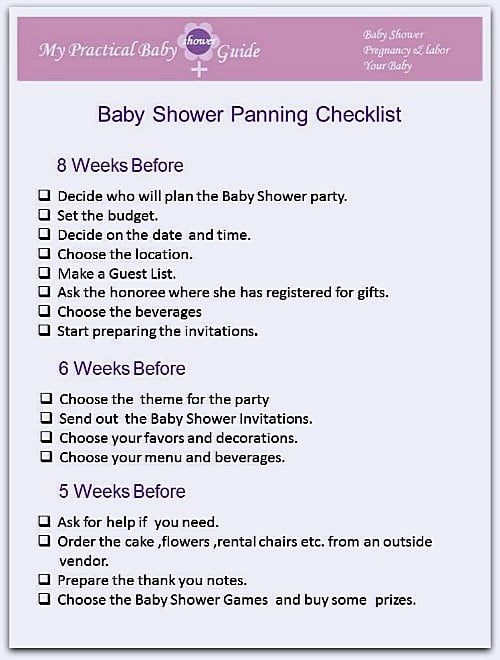

If the Starbucks barista knows your order as soon as you step up the counter, or if you can't get through the workday without four cups of French roast, "Do yourself a favor and cut back your caffeine intake now," says Dr. "Quitting smoking or your multiple margarita habit is a great achievement, so start now and let it be something you're proud of, rather than pushed into."

"Psychologically speaking, if you feel that pregnancy made you 'give up' all these things you loved, you can pile on some resentment right out of the gate," they say. What's more, quitting smoking or drinking cold turkey after you become pregnant can be a shock to your system, say authors Odes and Morris. Bottom line: There's never been a better time to kick the habit, and insist your partner does, too. Research shows that even people exposed to secondhand smoke have more problems getting pregnant than those who aren't. In fact, it's estimated that up to 13% of fertility problems may be caused by tobacco use, and no level of smoking or exposure to smoke is safe. Smoking cigarettes, even just occasionally or socially, can also affect egg and sperm quality-not to mention increase your risk of congenital disorders, miscarriage, preterm labor, and other conditions after you become pregnant. Excess alcohol intake has been shown to interfere with fertility and can also lower sperm count. "But drinking most nights of the week or downing five cocktails in a sitting can be more of a concern." The same goes for your partner, too. "If you're a moderate drinker-you have a couple of drinks on a Thursday night or over the weekend-you probably don't need to change anything, as long as you're sure you're not pregnant yet," explains Jennifer Wider, M.D., author of The New Mom's Survival Guide and medical advisor to the Society for Women's Health Research in Washington, D.C. If you regularly consume alcohol, smoke cigarettes, or use recreational drugs pre-pregnancy, consider scaling back now before you start planning for pregnancy. Also, it can take a while for your hormone levels to get back on track after ditching the pill, but if your period's still MIA after three months, you should see a health care provider. If you've been taking the pill for a while, your cycle could be different from what it looked like before you started. This timing gives you some time to evaluate your natural menstrual cycle and figure out when you're ovulating, which is the time of the month when you're most fertile. Greene, M.D., co-author of Perfect Hormone Balance for Fertility. When to stop depends on the type of birth control you're using, and you'll want to consult an OB-GYN or health care provider.įor hormonal birth control pills, you'll want to stop a couple of months before you plan to start trying for a baby, says Robert A. If you've been using hormonal contraception like the pill, patch, ring, implant, shot, or intrauterine device (or non-hormonal long-acting reversible contraception like the Paraguard IUD), plan to stop before you plan to start trying.


 0 kommentar(er)
0 kommentar(er)
